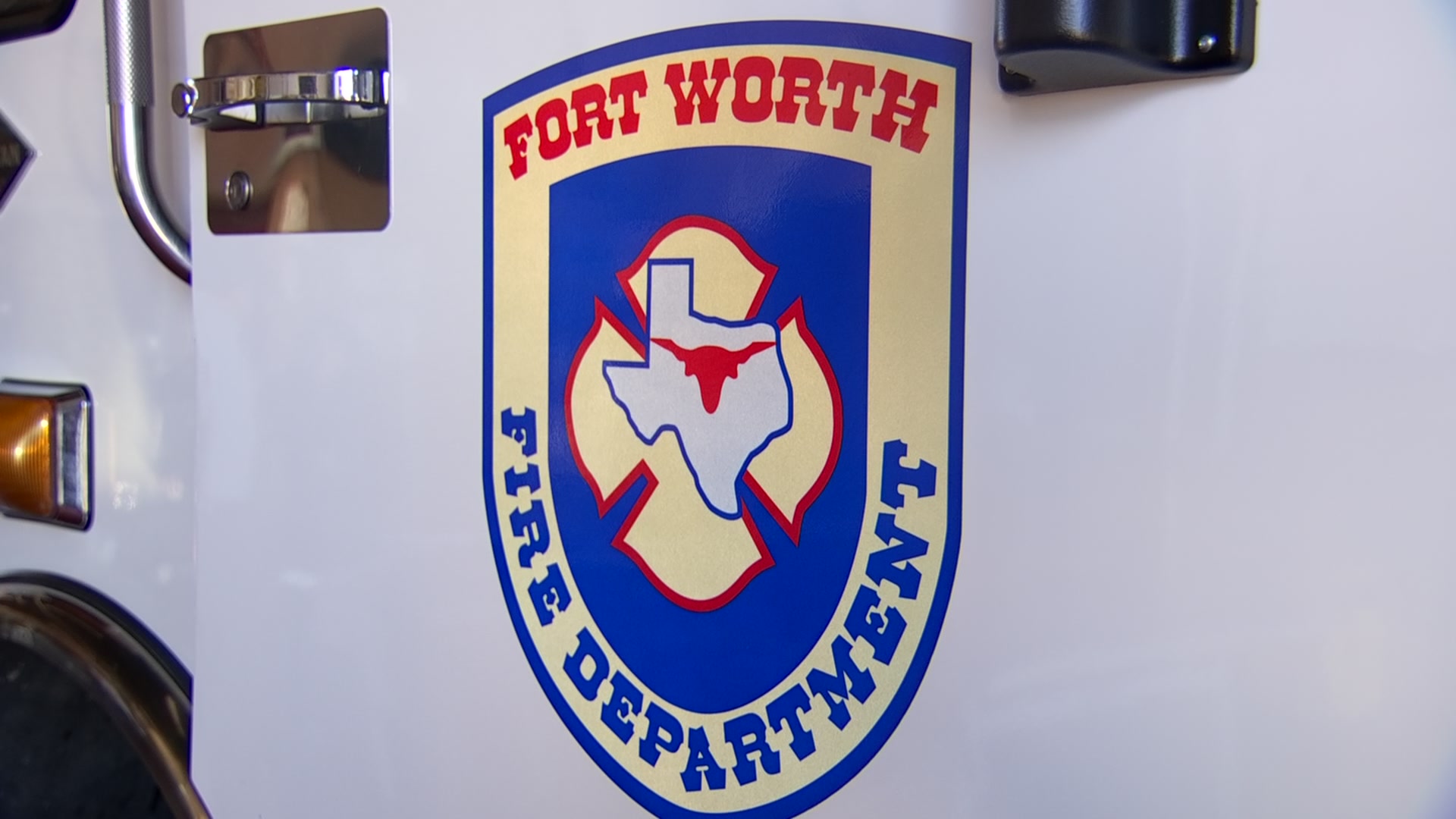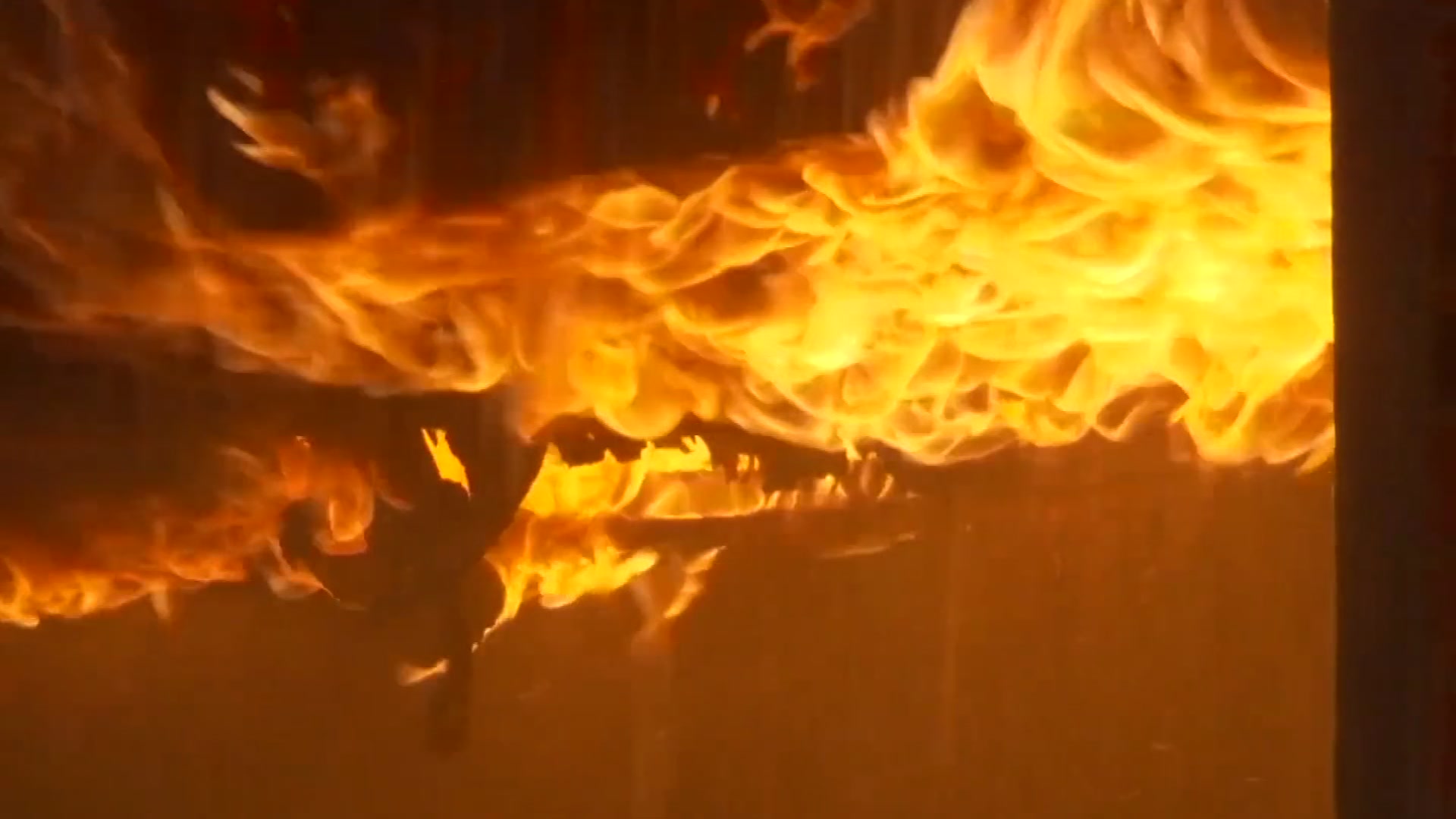The Fort Worth Fire Department is honoring a longtime firefighter who died of brain cancer linked to his job.
Engineer David Greene, 56, died Monday.
To his friends and family, he was known for his easygoing personality.
"He's somebody who would talk with anybody and he didn't know an enemy,” said Lt. David Childs who knew Greene since they both joined the department in the early 1990s.
Get DFW local news, weather forecasts and entertainment stories to your inbox. Sign up for NBC DFW newsletters.
They both worked together at Station 39 on the city's southwest side.
"David was known as the car guy, mechanic guy, that liked to tell stories,” Childs remembered.
One day in January, Childs noticed Greene getting confused, mixing up words and even taking the wrong turn to calls.
"Suddenly he just didn't get it,” Childs said.
Greene saw a doctor who wanted to do a brain scan.
"And they did and it came back that he had a mass in his left frontal lobe and it just blew my mind,” Childs said.
It was cancer.
In the next few months, they tried everything including chemotherapy and surgery, but the mass kept growing.
"They asked the doctor, when is our next appointment?” Childs said. “He goes, there's not one."
There was nothing else the doctors could do.
That was in June.
He died on Monday.
"It's your friend, your brother, your family. I mean all of us are hurting in the department,” Childs said.
Greene's death is considered a result of his work. "It's a line-of-duty death. He got sick from doing what we do,” Childs said.
It's called occupational cancer.
"Many more people are dying from occupational illness than from actual structural firefighting duty. You know, a flashover of a fire, a collapse of a building,” Fort Worth Fire Chief Jim Davis said.
Studies have shown firefighters are far more likely to get certain types of cancer than the general public because of their exposure to hazardous smoke and chemicals.
In fact, occupational cancer is blamed on 70% of firefighter deaths and is now the leading cause of death for firefighters, according to the International Association of Firefighters.
Fort Worth has seen three firefighters die of job-related cancer since 2019.
"It used to be the profession of firefighting was a dirty profession and it was cool to be dirty and it was expected,” Davis said. “Well today we're trying to treat it more like a hazardous materials event and we're trying to say, ‘Listen, clean is cool.’"
Davis said the department is doing everything it can to prevent cancer in firefighters, including focusing on cleanliness, early detection and physical fitness.
The Fort Worth Fire Department has partnered with UT Southwestern to study and better understand the link between firefighting and cancer. The city has also dedicated more than $1.2 million to the mitigation of cancer for firefighters.
Greene leaves his wife of 17 years, Gwyn, and their two beloved bulldogs, Bella and Bentley.
Childs will deliver the eulogy at Greene’s funeral on Wednesday.
The two last saw each other about two weeks ago when they took one last ride together in Greene's fancy car.
"He was just a good-hearted guy. I'm going to miss him,” Childs said.




